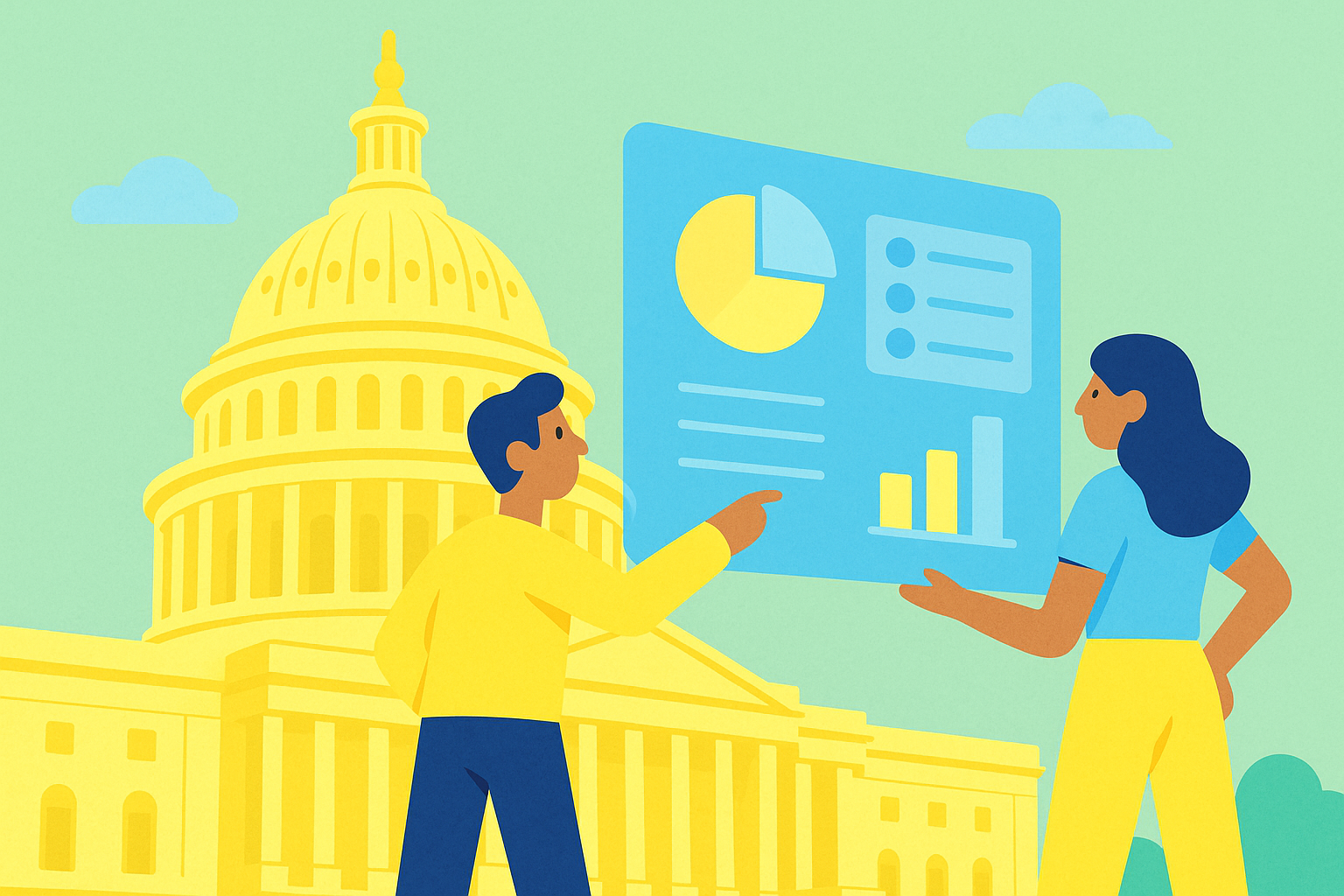US News
LAST UPDATE: July 29, 2025
Treasury Expects to Borrow Over $1 Trillion This Quarter — Barrons.com
The U.S. Treasury plans to issue approximately $1.007 trillion in marketable debt during Q3 2025, up sharply from prior estimates due to a rapidly drawn-down cash balance and fiscal pressures stemming from recent tax and spending legislation. (バロンズ, Investing.com)
Insight
The surge underscores grappling with ballooning deficits and reliance on short-term issuance. Market impact hinges on investor appetite for T‑bills and exposure to interest rate risk.
Dollar Hits Strongest Level in Five Weeks Ahead of Key US Data
The Bloomberg Dollar Spot Index rose 0.3% to its highest since June 23, driven by expectations of robust U.S. data. The euro plunged amid concerns over the economic fallout from recent U.S.–EU trade tension resolution. (Bloomberg.com, Bloomberg.com)
Insight
The dollar’s rebound reflects investor confidence in U.S. economic resilience. A strong greenback may weigh on eurozone exports and complicate ECB’s inflation management.
Trump Ally Loses Bid to Open July 29 Fed Meeting to Public
A U.S. federal judge denied a request by an investment firm allied to Trump to force public access to the July 29 FOMC meeting. The lawsuit alleged lack of transparency; the court rejected it. (Bloomberg.com, news.bloomberglaw.com)
Insight
The decision reaffirms the Fed’s longstanding practice of holding closed meetings to prevent market disruption. It also highlights ongoing political pressure for transparency in policymaking.
Trump Administration Weighs Patent System Overhaul to Raise Revenue — WSJ
Commerce Secretary Howard Lutnick is measuring a proposal to levy fees of 1–5% of patent value on holders—far exceeding existing flat-rate fees—to raise tens of billions for the federal budget. Critics warn it could stifle innovation and violate global patent norms. (wsj.com, wsj.com, tipranks.com)
Insight
This proposed overhaul reveals the administration’s aggressive revenue strategies, possibly at the expense of innovation. It could invite strong lobbying from tech and healthcare sectors and face legal barriers under international treaties.


